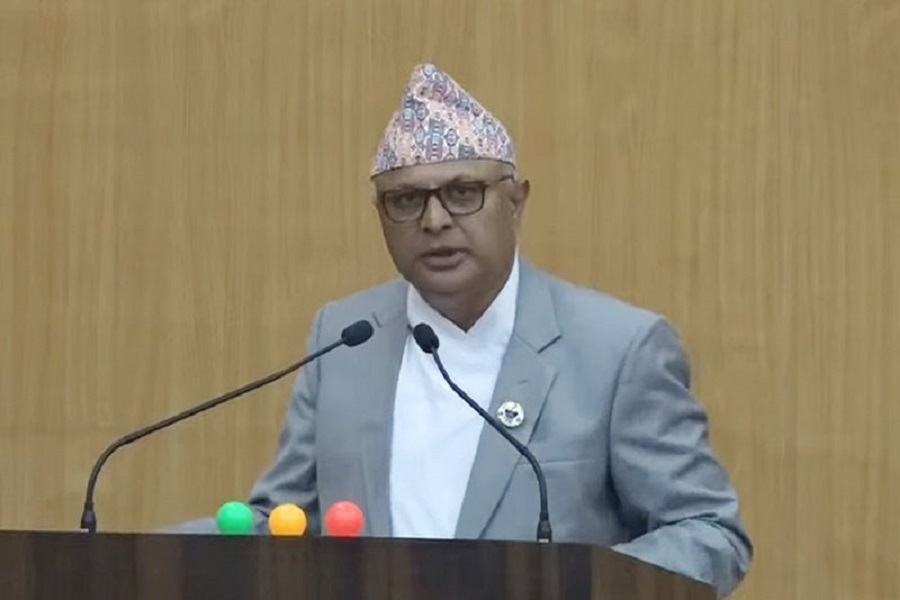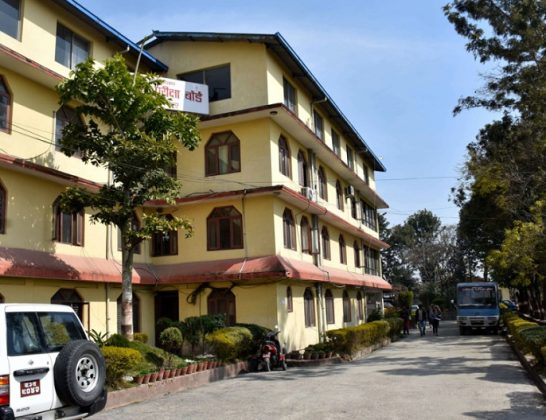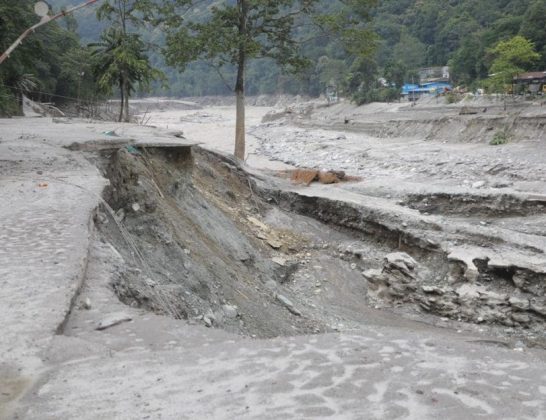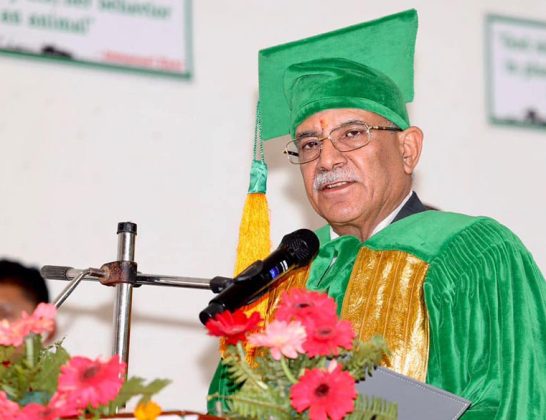Impasse in Koshi Province as Karki loses trust vote
With the Koshi Chief Minister Hikmat Bahadur Karki losing his position after failing to secure the vote of confidence during Friday’s floor test, the fate of the Koshi government has become uncertain. How will the next government be formed given the tricky provincial assembly numbers?

A total of 43 votes were cast against the trust motion, while 46 provincial assembly members supported the chief minister. The Karki-led government was pushed into a minority after the CPN (Maoist Centre) withdrew its support on June 6.
Backing of 47 members is needed to form a new government. But both the Congress-led bloc and the UML-RPP alliance have 46 seats each, adding to the difficulty of crafting a ruling coalition. In the 93-member provincial assembly, the UML has 40 seats, the Congress 29, the Maoist Centre 13 (including the Speaker), the RPP six, the CPN (Unified Socialist) four, and the Janata Samajbadi Party has one seat.
The UML has urged the province chief to call for government formation as per Article 168(3) of the constitution. But the Congress-led alliance has stressed that the government must be formed under Article 168(2), which says if no party has a clear majority in the assembly, the chief of the province shall appoint as chief minister a member of the Provincial Assembly who is able to command majority with the support of two or more parties.
Article 168(3) states that in cases where the chief minister cannot be appointed under clause (2) within 30 days after the date of declaration of the final results of provincial assembly election, the chief minister so appointed fails to secure a vote of confidence as per clause (4), the chief of province shall appoint as chief minister the parliamentary party leader of the party which has the highest number of members in the assembly.
Parliamentary party leader of the Maoist Centre, Indra Bahadur Angbo, said the precedent of invoking Article 168 (2) has already been established in other provinces. “We are trying to get a more comfortable majority—but we already have a majority. The Speaker can vote. No law bars him from doing so,” he added.
The political parties remain divided on whether the Speaker can vote in the new government formation.
CPN-UML Koshi chief whip Rewati Raman Bhandari said it would be wrong to invoke Article 168(2), as the Karki government was formed by stepping on the same article. And even if, as in other provinces, the Article is invoked in Koshi, Bhandari pointed out, the “Congress-Maoist-led alliance only has 46 lawmakers-one shy of majority”.
Bhandari asserted that the Speaker of the province cannot vote as it is a neutral position. “The Congress-led alliance has only 46 lawmakers. So we urged the province head to invoke the 168(3) and let the largest party in the province lead the government.”
Constitutional expert Bipin Adhikari also said the Speaker and deputy Speaker cannot vote to form a new government. “The Speaker can vote only if there is a tie, which is rare. The crucial vote for forming a government must not come from the Speaker.”
Even if the Speaker resigns and votes, someone must lead the provincial assembly. If the Maoist Centre asks the Speaker to resign and participate in the vote, the UML may also ask its deputy Speaker to quit the post and vote in the election.
If the assembly leadership falls vacant, the eldest member of the assembly, which in this case is from the Congress, will chair the assembly. This means the coalition will still fall short of one member to reach a majority. So there is an impasse.
As cobbling together a majority in the province proves difficult, a fear of mid-term elections looms.
Talking to reporters on Thursday, Nepali Congress parliamentary party leader Uddav Thapa said: “We would rather face midterms instead of supporting the current chief minister.”
A new chief minister elected under Article 168(2) or 168 (3) should seek a vote of confidence. And if the opposition does not give the vote of confidence to the chief minister so appointed, the province will go to snap elections, said Bhandari. Kathmandu post









Comments